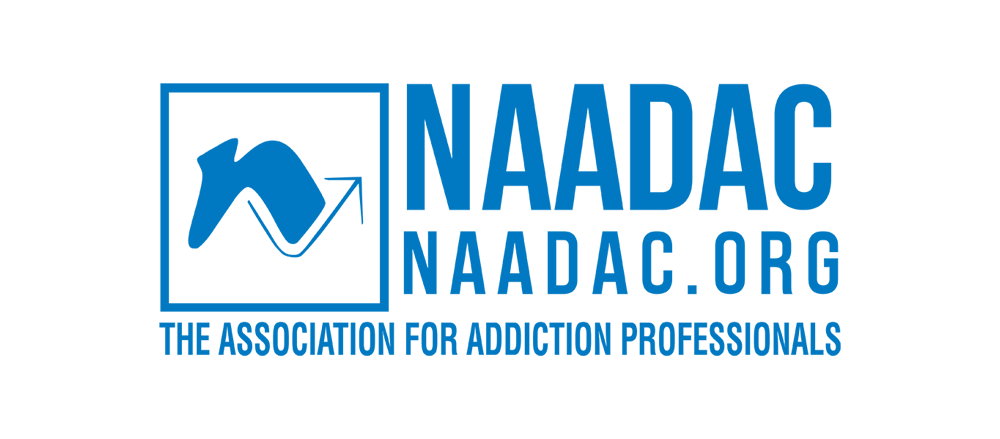Explore role-based learning paths, skill badges and certifications. Invest in your learning through Innovators Plus and discover more about team training opportunities.
Behavioral health technicians provide crucial direct care and support to patients under the supervision of licensed clinicians.
Their responsibilities include implementing behavioral interventions, assisting with activities of daily living, and monitoring patient behavior. They play a vital role in the treatment team by reporting observations to clinicians and contributing to the overall care plan.
Case management personnel are essential in coordinating patient care within the behavioral healthcare organization. They assess patient needs, develop care plans, and ensure that patients receive the necessary services and support. By liaising with various healthcare providers and community resources, they help facilitate access to medical, social, and psychological services, ensuring a holistic approach to patient care. Additionally, they monitor patient progress and adjust care plans as needed to achieve optimal outcomes.
The Clinical Director plays a critical role in overseeing the clinical operations of the behavioral healthcare organization. They are responsible for ensuring that clinical services are delivered effectively and in accordance with the highest standards of care. This includes supervising clinical staff, developing treatment protocols, and implementing quality improvement initiatives. The Clinical Director also collaborates with other departments to integrate services and enhance patient care, while staying abreast of industry developments and regulatory requirements.
Clinical staff members are integral to providing direct patient care in the behavioral healthcare organization. They include a variety of professionals such as psychologists, therapists, and group facilitators. These practitioners conduct assessments, deliver therapy, and develop and implement treatment plans tailored to individual patient needs. Their work is pivotal in helping patients manage and overcome mental health challenges, promoting recovery, and improving overall well-being. Clinical staff also collaborate with other healthcare providers to ensure comprehensive care.
Human resources personnel are vital in managing the workforce of the behavioral healthcare organization. They handle recruitment, hiring, and onboarding of new staff, ensuring that the organization attracts and retains qualified professionals. HR personnel also oversee employee benefits, training and development, performance management, and compliance with employment laws and regulations. By fostering a positive work environment and supporting staff needs, they contribute to the overall effectiveness and stability of the organization.
The Medical Director is a key leader within the behavioral healthcare organization, responsible for the medical oversight of patient care. They provide clinical leadership and direction, ensuring that medical services are delivered safely and effectively. This role includes supervising medical staff, developing clinical policies and procedures, and maintaining compliance with medical standards and regulations. The Medical Director also collaborates with other departments to enhance service integration and improve patient outcomes, while staying informed about advancements in medical practice and healthcare technology.
Nursing staff members play a crucial role in providing comprehensive care to patients in a behavioral healthcare setting. They assess patients’ physical and mental health, administer medications, and monitor vital signs. Nurses also educate patients about their conditions and support them throughout the treatment process.

Represents the professional interests of more than 100,000 addiction counselors, educators and other addiction-focused health care professionals in the United States, Canada and abroad.
Check out our live training schedule to enroll your team in interactive learning sessions tailored to your organization’s needs.
TUESDAY: Clinical and Medical Training covers chart auditing, treatment team meetings, clinical services evaluations, state audit tools, medication management, and medical equipment management.
WEDNESDAY: Operations and EOC Training covers fire extinguisher inspections, fire equipment testing, facility walkthroughs, hazard vulnerability assessments, emergency drills, utility system maintenance, ligature risk assessments, and annual evaluations of care environments and safety requirements.
THURSDAY: Human Resources Training covers staff onboarding, user compliance reports, pre-hire documentation, and competency assessments.
FRIDAY: Reporting Functionality Training covers the training center, spreadsheets, form view charts, and reports.
Hatch Compliance provides all the necessary tools for your Human Resources requirements.
Role based learning management system that meets all accrediting body standards. All training and quizzes are automatically assigned to the user, depending on their role in the organization
Includes pre- made competency assessments to meet all accrediting body standards.
Includes all pre- made forms to meet all accrediting body standards.